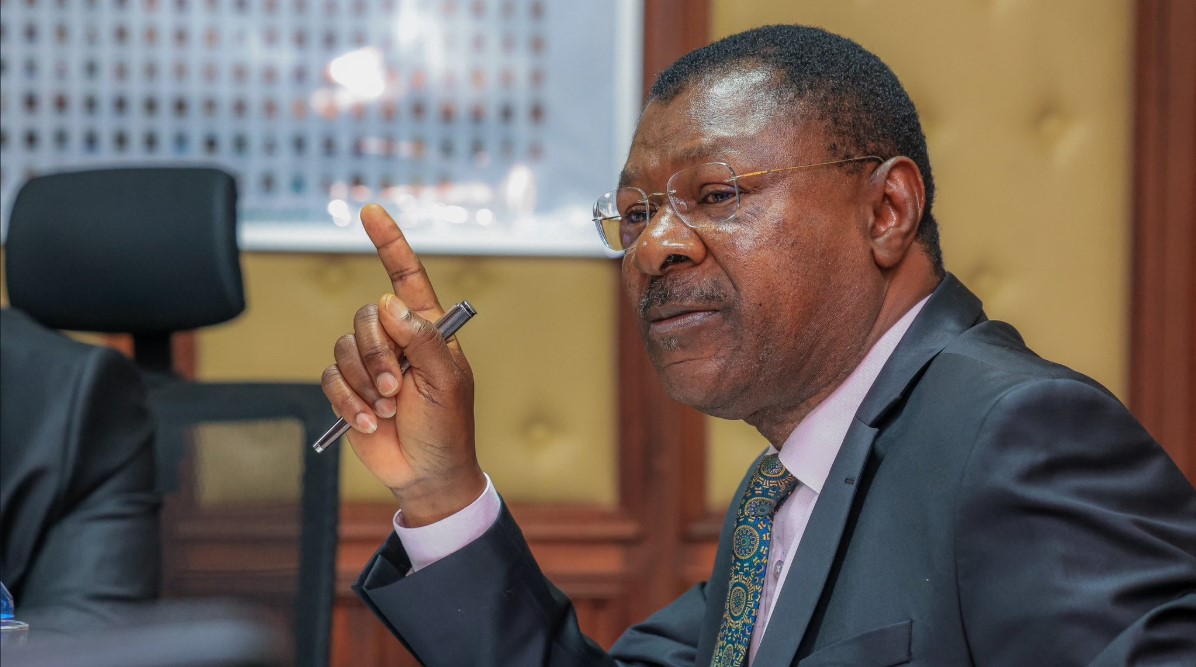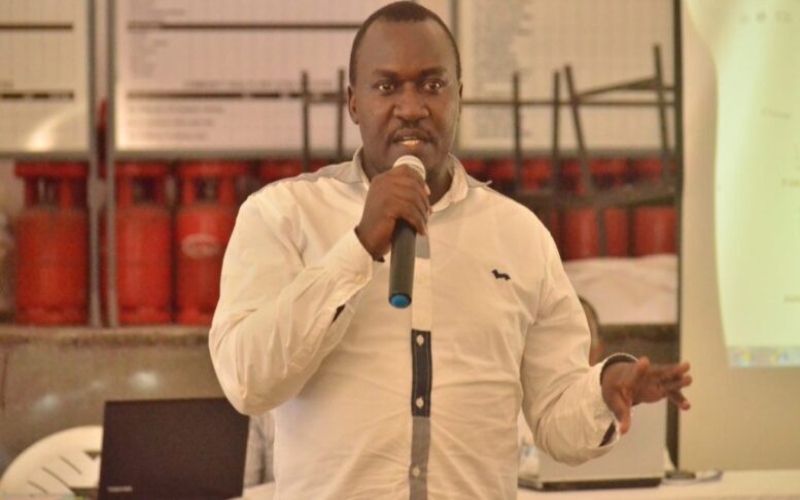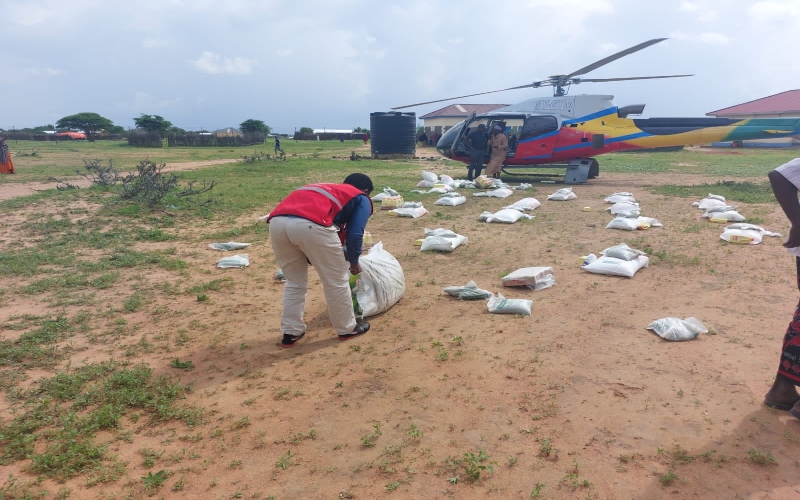Concerns raised over ethical issues, gender balance as Ruto’s Cabinet nominees prepare for vetting

Some have questioned Kagwe’s possible involvement in procurement scandals at KEMSA during the Covid-19 pandemic.
Concerns have been raised over gender balance, regional representation, and ethical issues as the National Assembly prepares to vet President William Ruto’s Cabinet nominees on Tuesday.
Mutahi Kagwe, William Kabogo, and Lee Kinyanjui will face the Committee on Appointments for assessment, with their qualifications and past records under close scrutiny.
More To Read
- Court to hear petition challenging eligibility of Embu North MP Leo Wa Muthende
- Nominated MP Denar Hamisi is dead, National Assembly confirms
- CS Kagwe announces policy overhaul for sugar, tea and miraa to protect farmers’ earnings
- MPs push for urgent funding boost for Auditor General’s office
- State to review advertising model, settle pending bills to rescue ailing media sector- Kabogo
- Kabogo threatens to deny adverts to media critical of government
Kagwe, a former Health Cabinet Secretary, has been nominated for the Agriculture docket, Kabogo for ICT, and Kinyanjui for Trade.
The vetting with Kagwe appearing before the committee at noon, followed by Kabogo at 3 pm, and Kinyanjui at 5 pm.
The nominees’ professional qualifications and past records, particularly their roles in government, are expected to feature prominently during the vetting.
Lack of diversity concerns
Public submissions to Parliament have highlighted concerns about the lack of diversity in the nominations, questioning whether the choices meet constitutional requirements for gender and regional balance.
Some memorandums, seen by the parliamentary staff, questioned the lack of gender balance, regional representation, and ethnic diversity in the appointments, citing Articles 27 (8) and 130 (2) of the Constitution.
Other memorandums have also questioned whether the appointments meet the constitutional provisions related to inclusivity and representation.
“Given the current composition of the Cabinet, these nominations violate constitutional provisions on inclusivity,” one Kenyan wrote.
Ethical issues surrounding the nominees have also sparked debate, particularly regarding Mutahi Kagwe’s tenure as Health Cabinet Secretary during the Covid-19 pandemic.
Some have questioned Kagwe’s possible involvement in procurement scandals at the Kenya Medical Supplies Authority (KEMSA) during the pandemic.
“Kagwe’s handling of the Covid-19 crisis raised questions over the involvement of foreign entities and the multibillion-shilling scandals,” one memorandum stated.
Covid lockdowns
Some Kenyans also raised concerns about Kagwe’s role in enforcing “irrational” lockdowns and school closures, which led to a constitutional petition in 2020.
Other Topics To Read
- Headlines
- National
- National Assembly
- cabinet secretaries
- National Assembly Committee on Appointments
- vetting
- Committee on Appointments
- Lee Kinyanjui
- Mutahi Kagwe
- william kabogo
- CS nominees
- Cabinet nominees
- Concerns raised over ethical issues
- gender balance as Ruto’s Cabinet nominees prepare for vetting
Another Kenyan also accused Kagwe of enacting Covid-19 regulations without parliamentary approval.
“The nominee enacted regulations on Covid-19 without parliamentary approval, contrary to the Statutory Instruments Act.”
The nominees’ professional qualifications have also come under scrutiny, with some questioning whether they were politically appointed.
“These individuals seem politically recommended, not selected based on their professional expertise or merit,” read one memorandum submitted to the National Assembly.
National Assembly Clerk Samuel Njoroge told the Daily Nation that the vetting would be open and that Kenyans would be allowed to submit questions live.
“We will endeavour to be as open as possible and read the messages sent by the public to the Cabinet Secretary nominees,” Njoroge said.
He also emphasised that the rules governing the vetting would be decided by the lawmakers themselves.
Transparent
Speaker Moses Wetang’ula assured the public that the vetting would be transparent, noting that it was part of a broader move to allow public participation in government appointments.
“It was an innovation by the House that has been received well by Kenyans,” Wetang’ula said.
He added that in future, committee chairpersons would allow the public to send questions and put them to Cabinet Secretaries or any other public servant appearing before them.
The public has increasingly embraced the ability to participate in the vetting process, with submissions being accepted through WhatsApp and Facebook during previous vetting sessions.
This break from past practices, when such information was discarded, has allowed the public to contribute to key decisions on government appointments.
Top Stories Today










































